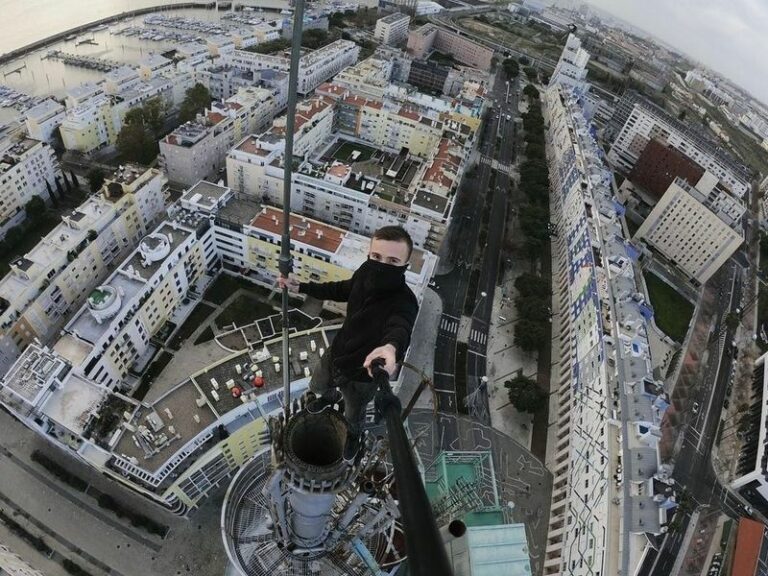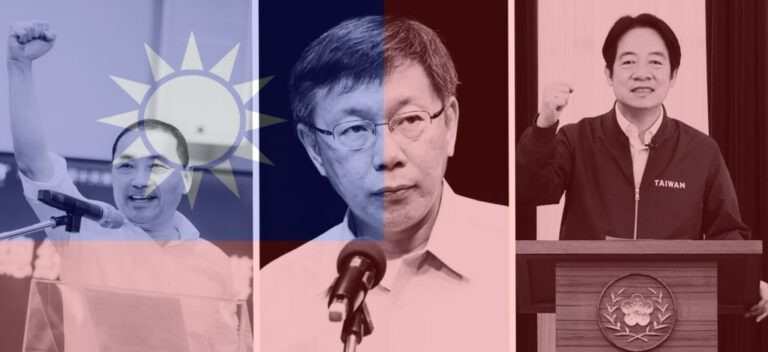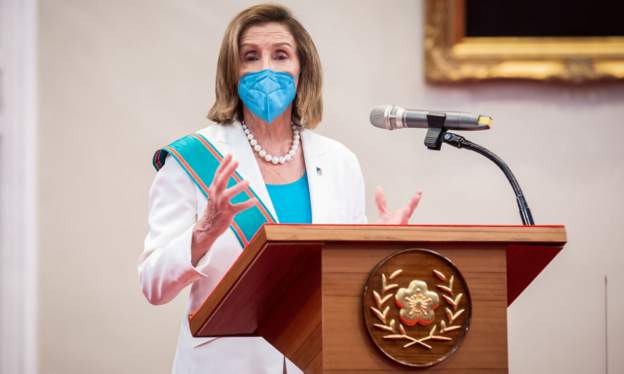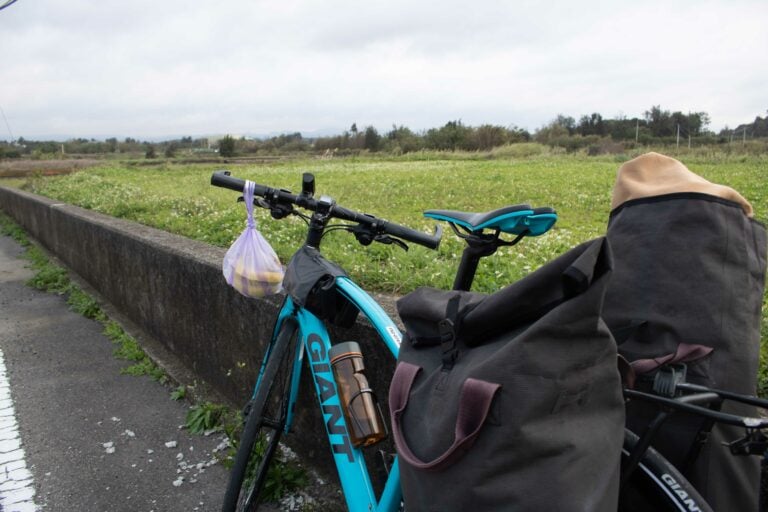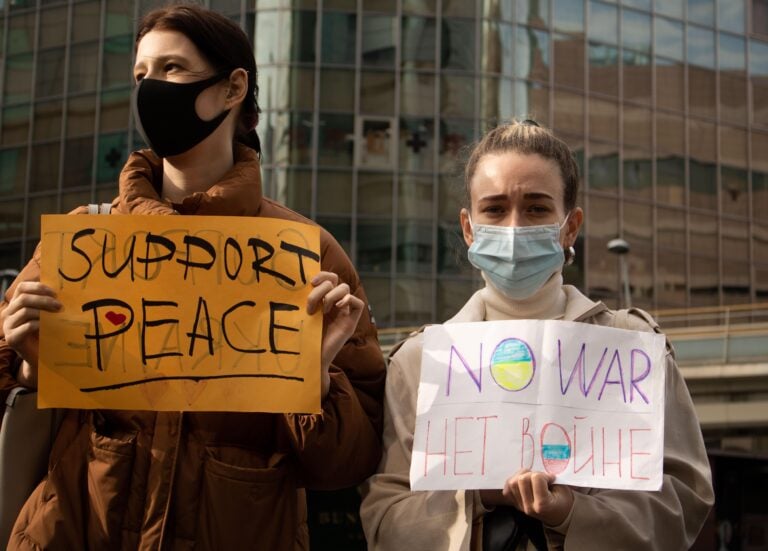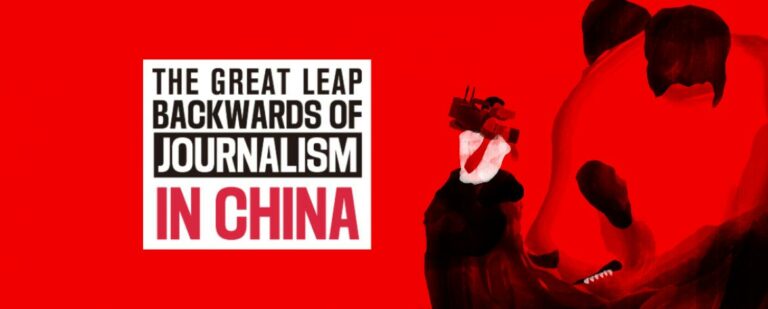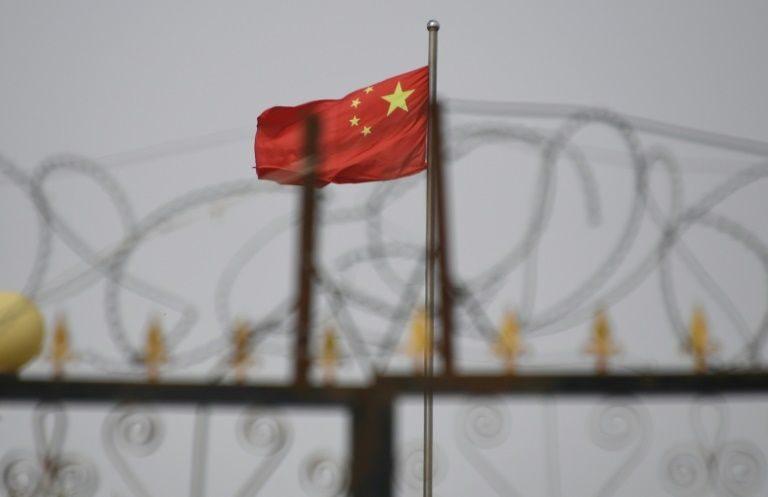Oğuz Solak reporting from Taipei.
In 2016, Beijing-based Swedish journalist Jojje Olsson couldn’t get his visa renewed after working in China for six years. He also couldn’t get a tourist visa granted to go back and pack his belongings left behind in Beijing, and no reasons were given.
Olsson thought he had been blacklisted by the government, and decided to move to Taiwan in order to keep reporting about China. “Taiwan was my only option” Olsson says.

More foreign journalists have been relocating from China and Hong Kong to Taiwan recently, but whether the island can replace Hong Kong as a base for international media in the long run remains unclear.
Foreign journalists are leaving China and Hong Kong due to the increasing difficulties in working from these locations. However, having more international media stationed in Taiwan might increase the island’s visibility, which could upset Beijing.
Taiwan has been self-ruling since 1949, but the Chinese government claims the island as its territory and aims to unify the island with China. There has been increasing tension in the region following President Tsai Ing-wen’s taking office in 2016.
“Amid tightening control from Beijing and the crackdown on civil liberties in Hong Kong, more journalists have been forced to leave China either involuntarily or for fear of their own safety” says William Yang, the President of the Taiwan Foreign Correspondents’ Club (TFCC).

According to Taiwan’s Ministry of Foreign Affairs, there are 124 foreign reporters from 71 international media companies located on the self-governing island.
“Taiwan’s international media environment has shifted a lot since I moved here in November 2019,” says Erin Hale, a freelance journalist who moved from Hong Kong to Taipei, the capital of Taiwan. “It feels a lot bigger than it did then, and Taiwan is getting a lot more attention in general.”
On the other hand, there were 18 foreign journalists expelled from China in 2020. “It is a huge number. In the past, they had maybe one or two in a year” says Cédric Alviani, Head of the Taipei-based East Asia Bureau of Reporters Without Borders (RSF). According to him, it is “a very clear message” that the Chinese government isn’t interested in foreign correspondents anymore.
Medyascope'un haftalık e-bülteni
Andaç'a abone olun
Editörlerimizin derlediği öngörüler, analizler, Türkiye’yi ve dünyayı şekillendiren haberler, Medyascope’un e-bülteni Andaç‘la her çarşamba mail kutunuzda.
China placed 177th in the 2021 World Press Freedom Index prepared by RSF. The Chinese government wants a positive image of China to be reflected to the international public. According to Wang Su-mei, professor of communications at National Chengchi University, for some time, journalists in China used strategies to avoid trouble, such as criticizing at a local level rather than targeting the central government. This is becoming more difficult now.
Since his departure from China in 2016, Olsson has been criticized publicly by the Chinese government and received emails from some government officials. Last April, he received an email from the Chinese embassy in Sweden that accused him of “moral corruption” and told him that he would “face the consequences of his own actions” unless he stops publishing critical stories on China. Following that, some Swedish politicians considered this as a threat and demanded the expulsion of Chinese ambassador Gui Congyou.
The Chinese government has been creating an “us and them” rhetoric, says Alviani. According to this rhetoric, “Western countries are jealous of China, they hate China. Everything they write is to try to make China look bad,” he says.
Hong Kong has traditionally had freer media than the rest of China, but there has been a lot of change recently. In 10 years, it has moved down from the 57th place to the 80th in RFS’s index. “Hong Kong went through a major change while I was there, from one where the government and police were very friendly to less so,” says Hale.
Taiwan is an alternative to Hong Kong and the rest of China for international media, as a self-governing island with free press and a Mandarin-speaking community. “No other country is following the developments in China as closely as Taiwan” says Olsson. “Taiwan is top in Asia when it comes to press freedom.” Taiwan, placing 40th in the 2021 World Press Freedom Index, has the highest score in Asia.
“It’s a very open environment that’s welcoming to media. Taiwanese people are very forthcoming in their opinions” says Hale.
Despite the positives of press freedom and democracy, Taiwan still has some problems to solve in order to attract more international media in the long run. Taiwanese news channels prefer sensational stories and presentation. In addition to that, the politicization and polarization of media erodes both the news quality and public trust, according to Alviani. “Taiwan has one of the lowest grades of trust in the media of all the democracies” he says.
Taiwan is also a small island, which means there aren’t always so many newsworthy incidents. What makes it a good location for journalists is its proximity to China and its press freedom. However, it is a disadvantage that reporters in Taiwan don’t have access to the same resources as they would in China, says Olsson.
Another setback in the advancement of the Taiwanese media environment is Taiwan’s legal status. China is likely to see it as a provocation and retaliate if a foreign media outlet has an office in Taipei, says Yang. Foreign news establishments don’t want their reporters to have issues entering China if they set up an office in Taiwan.
Olsson believes Taiwan can become a base for foreign media in Asia, as a handful of reporters have already moved there. “When they tell the colleagues or editors about the good conditions for being a reporter in Taiwan, that will result in more journalists relocating to Taiwan” he says.







